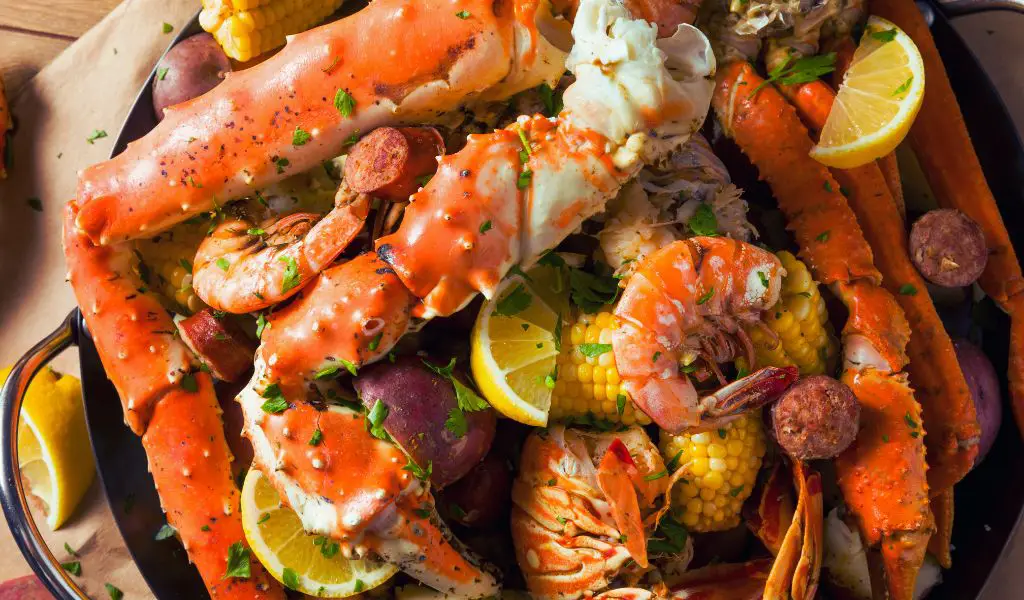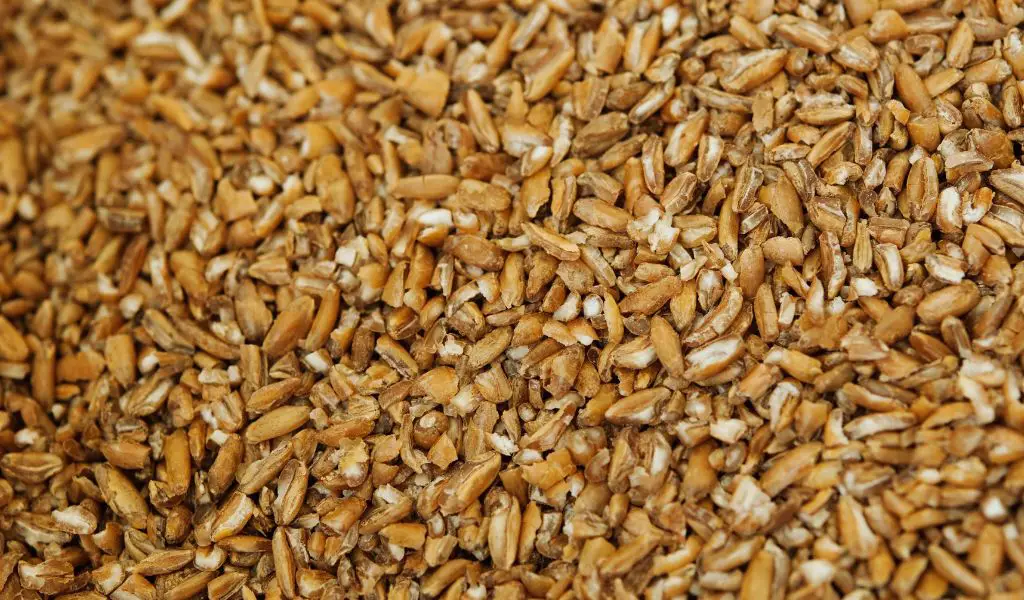Yes, dogs can eat seafood, but with some considerations. Seafood can be a healthy addition to a dog’s diet, providing essential nutrients such as omega-3 fatty acids, vitamins, and minerals. However, it’s important to take certain factors into account before introducing seafood to your dog’s menu.
Dos
- Cooked and Boneless: Always serve seafood to your dog in a thoroughly cooked form, without any seasoning or added ingredients. Remove all bones to prevent choking hazards or internal injuries.
- Variety Matters: Offer a diverse range of seafood, including fish like salmon and tuna, which are rich in omega-3 fatty acids.
- Moderation is Key: Treat seafood as an occasional addition to your dog’s regular balanced diet. Overfeeding can lead to digestive issues or nutritional imbalances.
Don’ts
- Raw Seafood: Avoid feeding raw seafood to your dog, as it may contain harmful bacteria or parasites that can cause foodborne illnesses.
- Seasonings and Spices: Keep seafood plain and free from any seasonings, spices, or sauces, as these can be potentially harmful to dogs.
- Certain Seafood Types: Avoid feeding your dog shellfish, like shrimp and crab, as they may cause allergic reactions in some dogs.
Is it safe for dogs to eat fish bones?
No, fish bones can pose a choking hazard or cause internal injuries. Always ensure that fish served to dogs is boneless.
Can dogs eat canned seafood meant for humans?
It is generally not recommended to feed dogs canned seafood meant for human consumption, as it may contain high levels of sodium or other additives that can be harmful to dogs.
Are there any seafood allergies in dogs?
Some dogs may have allergies or sensitivities to seafood. If you notice any signs of an allergic reaction, such as itching, vomiting, or diarrhea, discontinue feeding seafood and consult your veterinarian.
Conclusion and final thoughts 💭
In conclusion, dogs can eat seafood, provided it is properly cooked, boneless, and served in moderation.
Remember to avoid raw seafood, seasoning, and certain types of seafood, such as shellfish.
It’s essential to prioritize your dog’s overall balanced diet and consult your veterinarian if you have any concerns or questions about introducing seafood into your dog’s meals.




